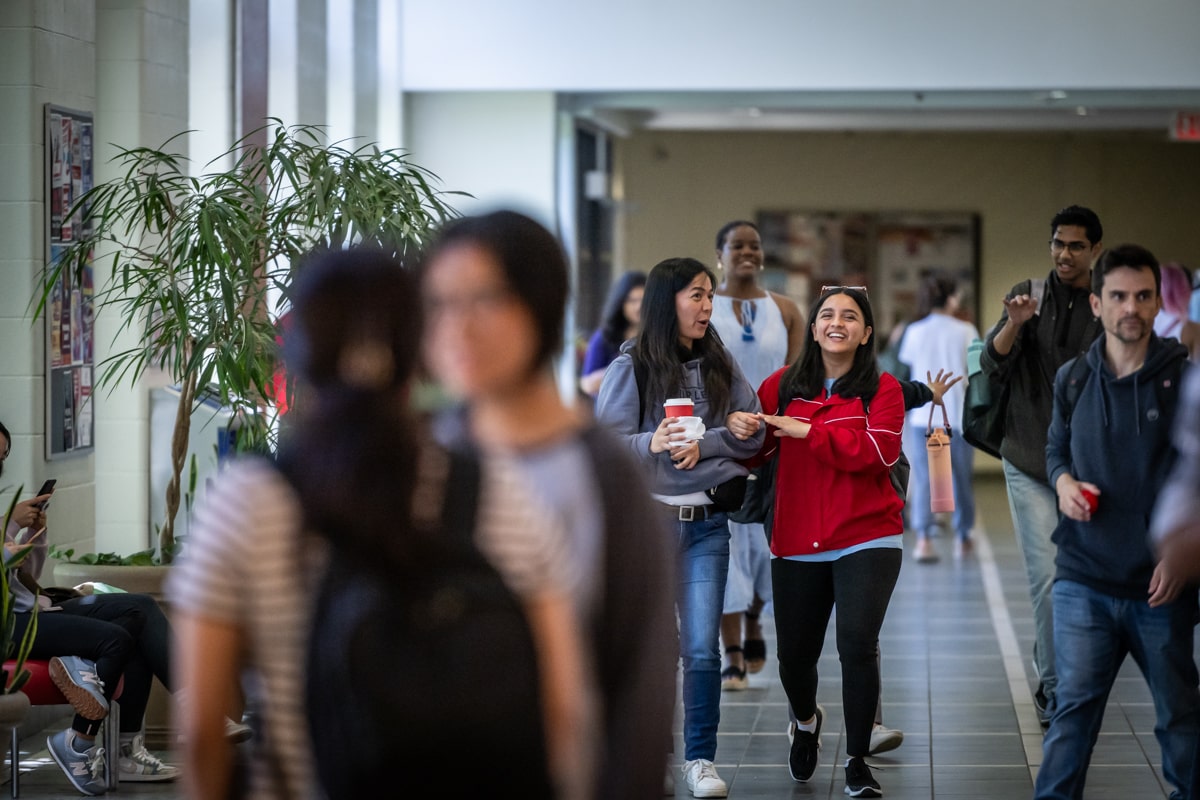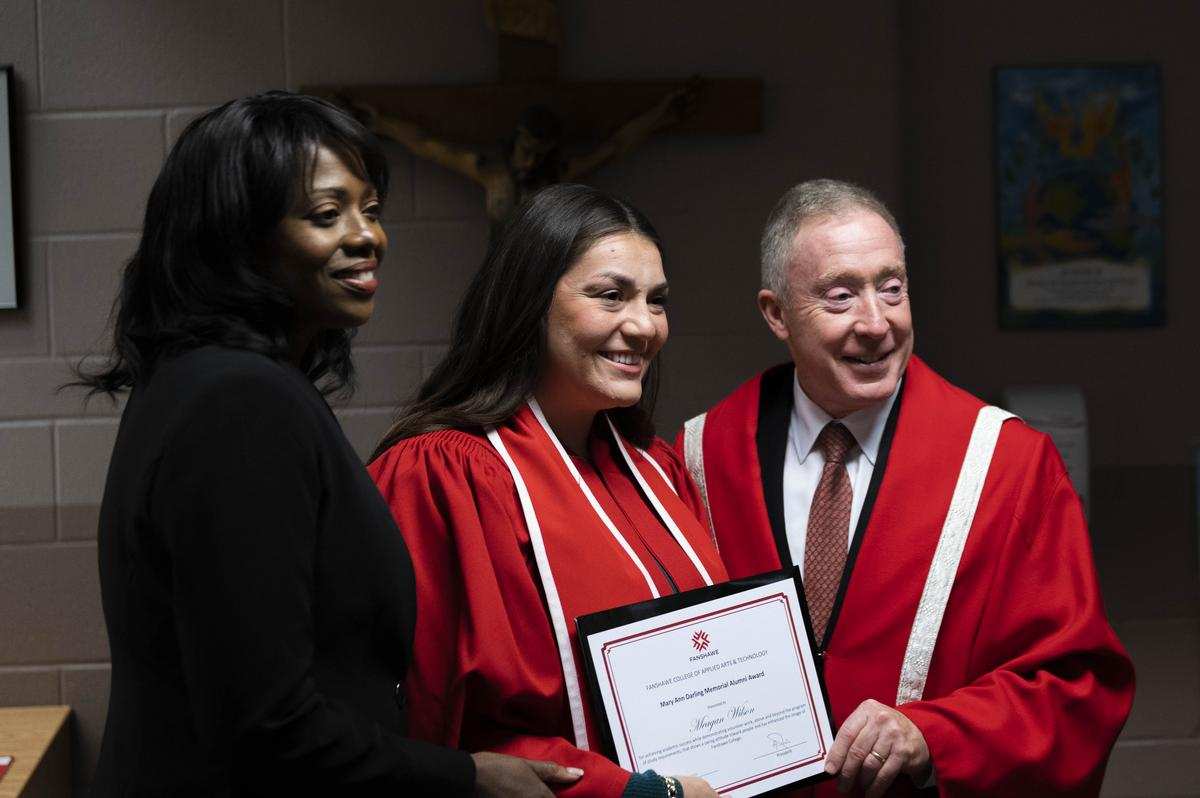
Wondering how to get into university despite challenging circumstances? Maybe you’re missing prerequisites or your high school grades weren’t quite high enough to get into your dream university program. You’re not out of luck! In fact, you have options!
There are many pathways you can take to get into university and applying straight out of high school is only one of them.
What is a college to university transfer?
Students often choose to go to college prior to university to get the prerequisites or grades they need to get into their desired university program. A student may also decide to pursue a degree after completing a college credential. A college to university transfer allows you to apply the credits you earned in college toward a university degree.
Transfer Agreements in College to University Pathways
Fanshawe has transfer agreements with post-secondary schools globally–take a pathway to a university in Canada or choose to study abroad and get credits for the courses you completed here at Fanshawe. These transfer agreements show you how college credits transfer to your chosen university degree.
What is a Credit Transfer?
A credit transfer means receiving credit from one post-secondary institution for credentials you’ve earned at another institution. This can be on a course-by-course basis or for an entire block of courses earned in a program.
Why choose to go to college before university?
There are many reasons why someone might choose to follow a college pathway into a degree:
Costs
College tuition tends to be cheaper than university tuition and if you’re able to get college credits that transfer into a university program, you spend less in total but graduate with the same credentials.
Credentials
Some college to university transfer pathways result in a diploma and a degree.
Experiential learning
While university classes tend to focus on theoretical knowledge, college classes are typically hands-on, meaning you’ll gain the in-depth, practical experience employers are looking for in addition to theoretical knowledge.
Did you know? Some students want a degree but prefer the smaller class sizes and hands-on nature of college learning. These students can choose to pursue a college degree. Learn more about the difference between college and university degrees.
Timing & Preparation
If it’s not the right time or you don’t feel you’re ready to commit to a specific degree, college programs like preparatory programs can give you a taste of a wide breadth of topics in a field of study while earning a certificate in one year.
Grades & Prerequisites
College programs can give you time to improve your grades or get prerequisites you might be missing to prepare you for your desired degree program.
Ontransfer.ca has information on available pathways in Ontario. If you’re interested in pathways from Fanshawe to a university, explore available pathways on our Pathways Database.
What if I’m already in a college program and want to transfer to a university program?
This is also an oft-travelled pathway. Many students start out in a college program and decide to change their educational trajectory or decide that they need additional education or credentials to reach their goals. If you’re midway through a college program, there may be options to transfer directly into a degree program or you may choose to finish your current college program and then transfer into a university degree. You may also be interested in exploring one of Fanshawe’s degree programs.
Find details about more pathways to university on our Fanshawe Pathways Database







